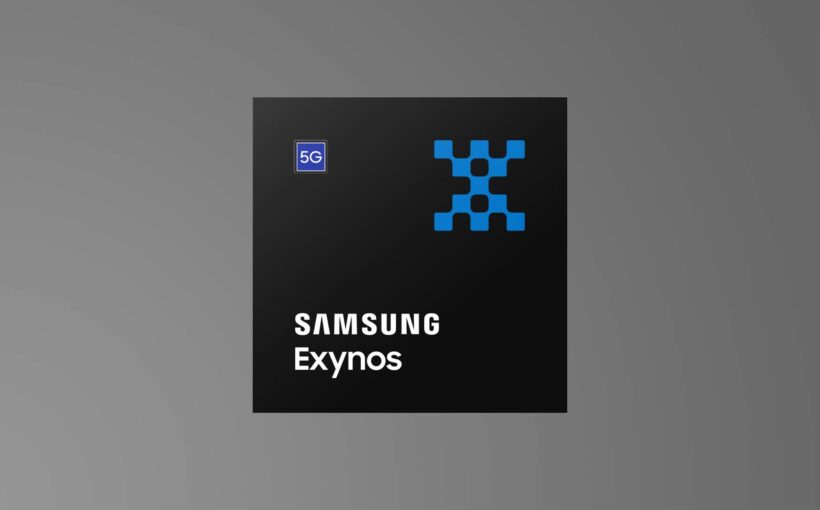Exploring the Evolving Landscape of Hardware for Artificial Intelligence.
Copyright: gradientflow.com – “Specialized Hardware for AI: Rethinking Assumptions and Implications for the Future” by Assaf Araki and Ben Lorica

The market for AI semiconductors is expected to reach $76.7 billion by 2025, growing at a compound annual growth rate of 28.2%. The driving force behind this growth is data centers, which have been fostering innovation in AI hardware start-ups and hyperscalers. In fact, start-ups specializing in specialized AI hardware for data centers have raised more than $2.5bn since 2015:

Figure 1: A representative sample of specialized hardware for AI.
In a much cited 2018 report, Open AI documented the exponential increase in the amount of compute utilized in the largest artificial intelligence training runs since 2012. During the same time frame, a doubling period of 3.4 months was observed, a significantly shorter time period than the 2-year doubling period seen with Moore’s Law. The authors speculated that various hardware startups, focused on developing AI-specific chips, would drive this trend forward in the near future, and that new hardware would lead to significant increases in FLOPS/Watt and FLOPS/$ over the subsequent years.
Specialized Hardware for AI: A Quick Recap
We begin by re-examining some assumptions around hardware for AI. Several years ago, the industry developed expectations around AI hardware accelerators, and we revisit those assumptions and determine which ones still apply today.

Figure 2: AI Hardware – assumptions vs. reality.
In a much cited 2018 report, Open AI documented the exponential increase in the amount of compute utilized in the largest artificial intelligence training runs since 2012. During the same time frame, a doubling period of 3.4 months was observed, a significantly shorter time period than the 2-year doubling period seen with Moore’s Law. The authors speculated that various hw startups, focused on developing AI-specific chips, would drive this trend forward in the near future, and that new hardware would lead to significant increases in FLOPS/Watt and FLOPS/$ over the subsequent years.[…]
Read more: www.gradientflow.com
Der Beitrag Specialized Hardware for AI: Rethinking Assumptions and Implications for the Future erschien zuerst auf SwissCognitive, World-Leading AI Network.



